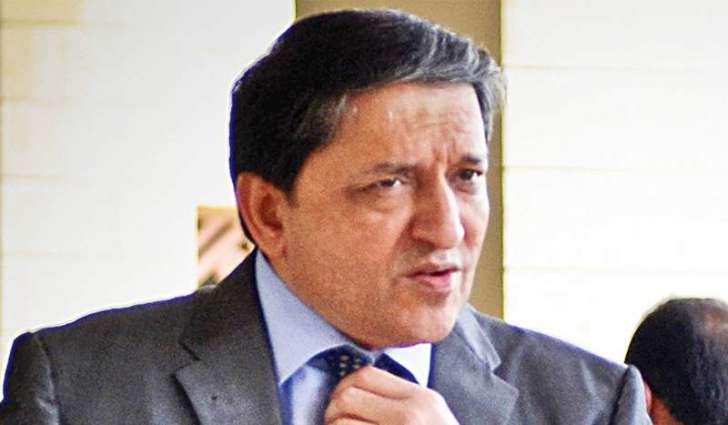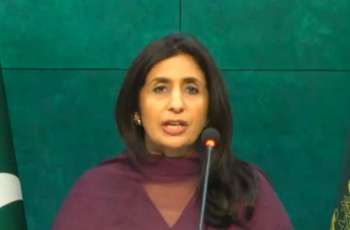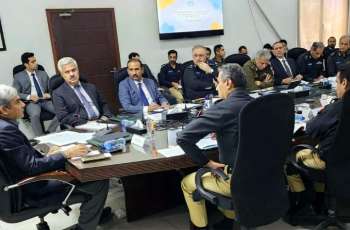Pakistan's foreign policy will remain intact under the new prime minister, Chairman of Planning, Development and Special Initiatives of Senate of Pakistan Saleem Mandviwalla told Sputnik
MOSCOW (Pakistan Point News / Sputnik - 11th April, 2022) Pakistan's foreign policy will remain intact under the new prime minister, Chairman of Planning, Development and Special Initiatives of Senate of Pakistan Saleem Mandviwalla told Sputnik.
On Sunday, on the second try, the Pakistani parliament ousted Imran Khan from the post of prime minister in a vote of no confidence, with the motion succeeding by a vote of 174-0. On Monday, the parliament elected opposition leader Shehbaz Sharif from the Pakistan Muslim League-N as the new prime minister.
"We don't expect any change in the parameters of our foreign policy (under the new prime minister). The US has been a formidable partner of Pakistan. We have convergence on many issues. We need each other for the preservation and promotion of our strategic interests," Mandviwalla, a member of opposition Pakistan Peoples Party, said.
He added that Islamabad had close strategic and economic ties with Beijing, noting that balancing between the world powers, developing "close and cooperative relations" with both China and the United States falls in Pakistan's long term foreign policy agenda.
"We would like to improve relations with all our neighbors including India. We have solid relations with all middle Eastern countries. Europe has been a great partner. We would like to consolidate our relations with all European countries," Mandviwalla said.
The lawmaker noted that the Pakistani parliament had expressed having no confidence in Khan and his party "for their failure to provide good governance."
On April 3, the Pakistani parliament initiated a no-confidence vote to remove Khan from office. After the motion was rejected as unconstitutional, Khan asked Pakistani President Arif Alvi to dissolve the parliament. The decision to cancel the no confidence vote was challenged in court by the opposition. The Supreme Court ruled to hold the voting, with Khan saying that the opposition's motion was an attempt by foreign powers to depose him.




